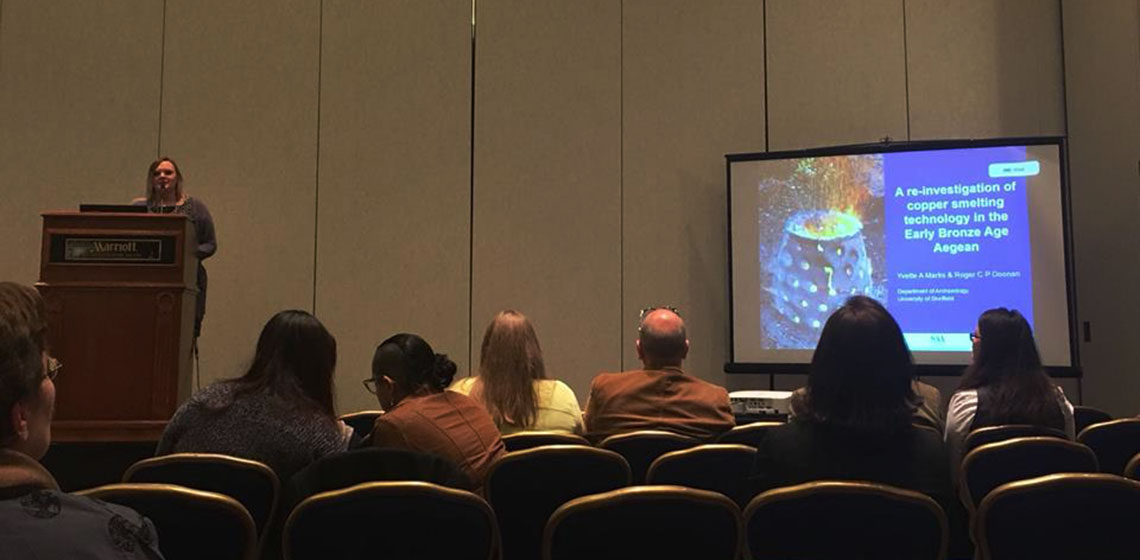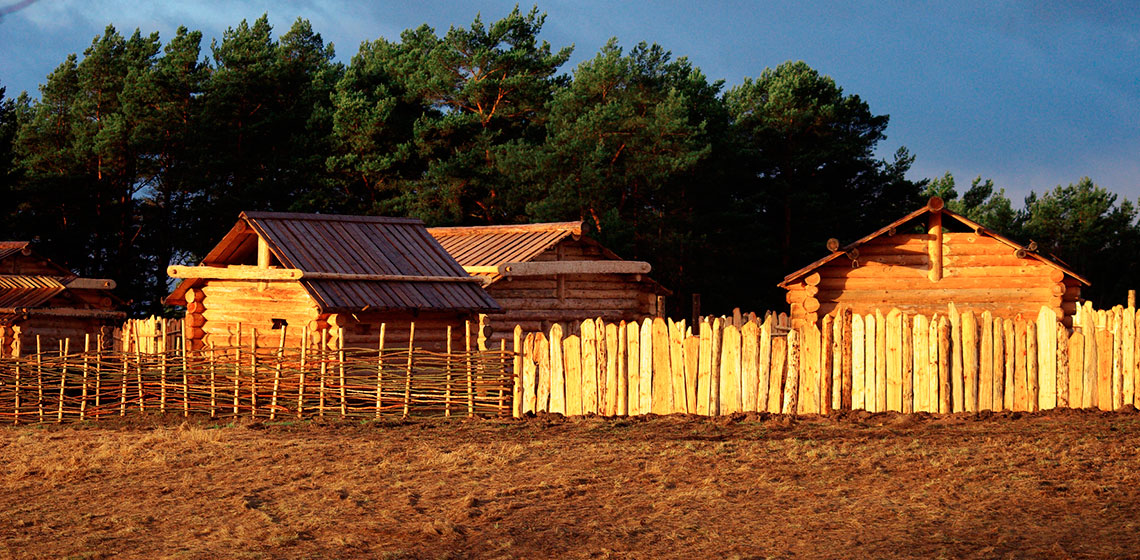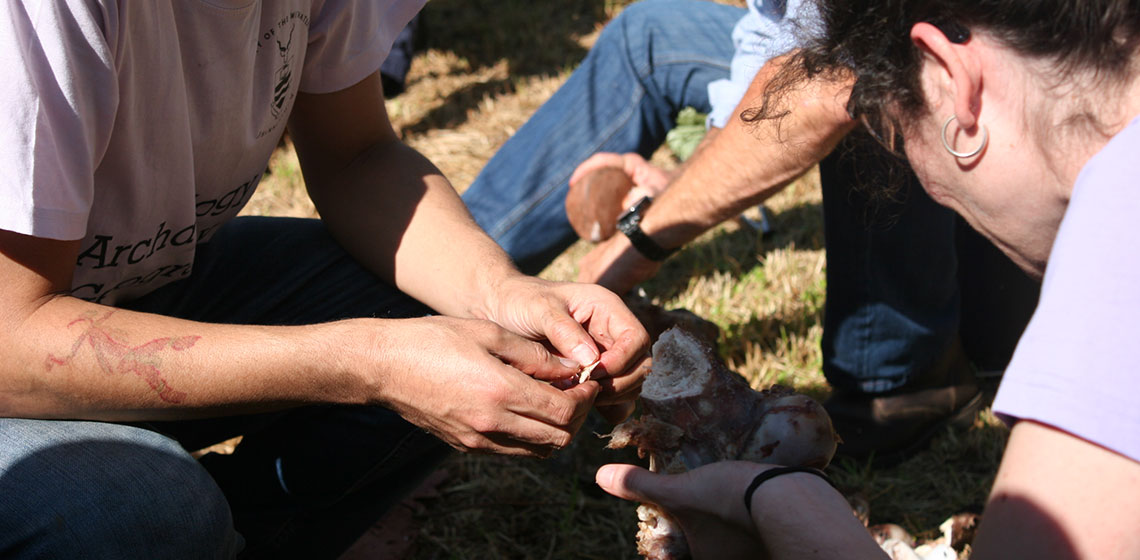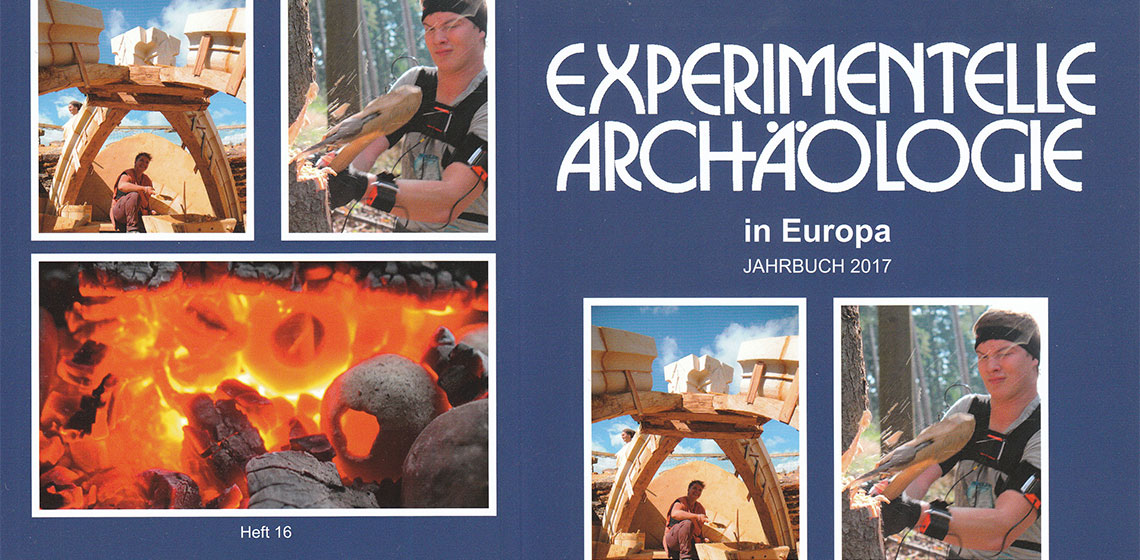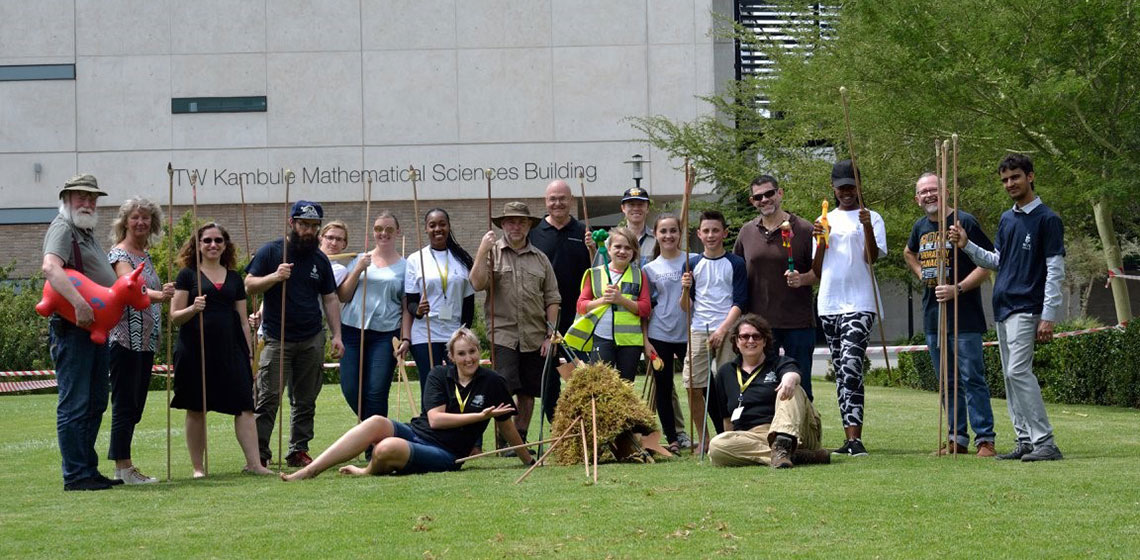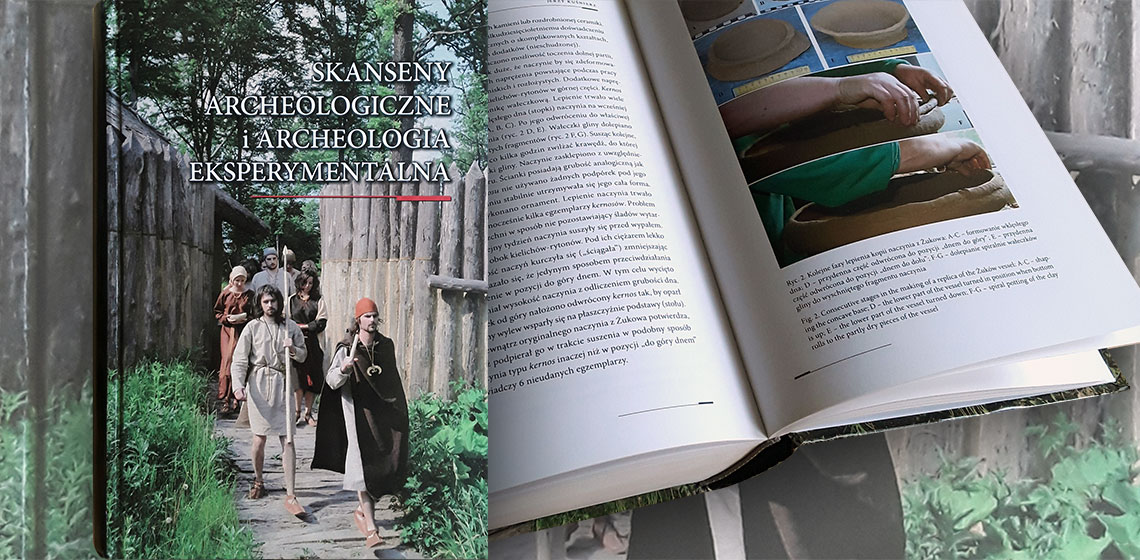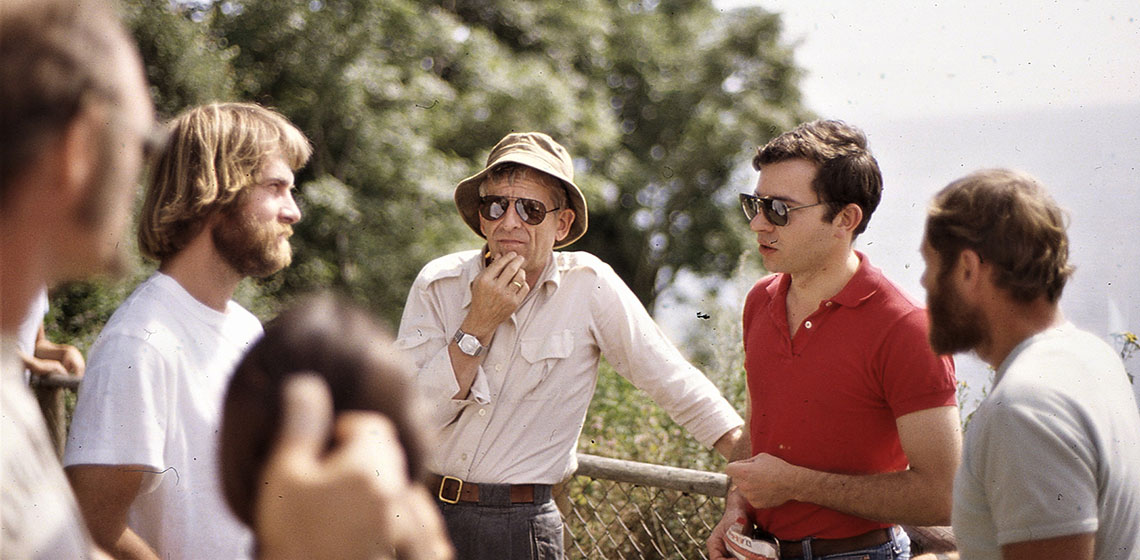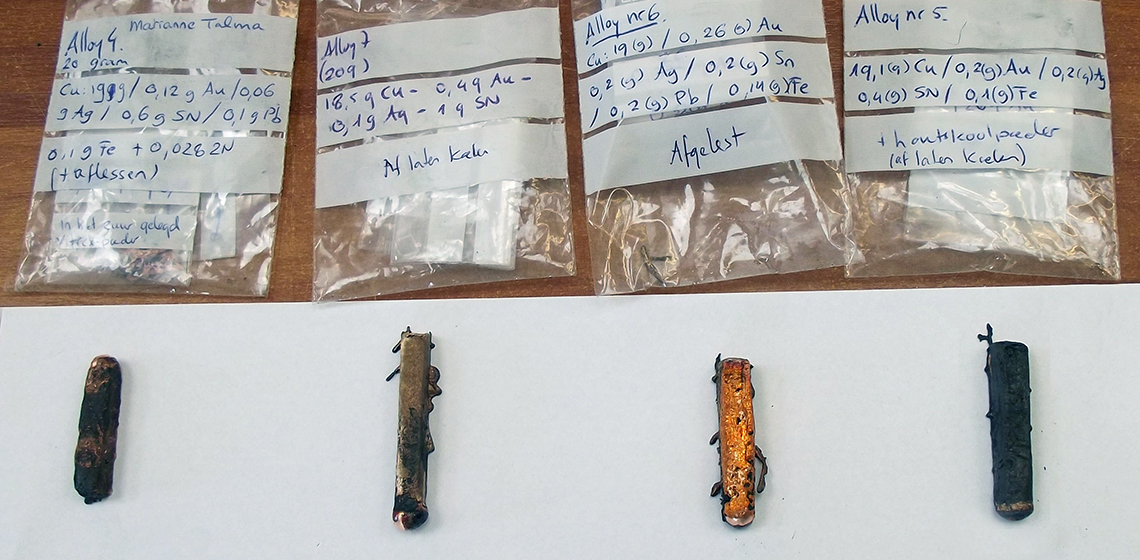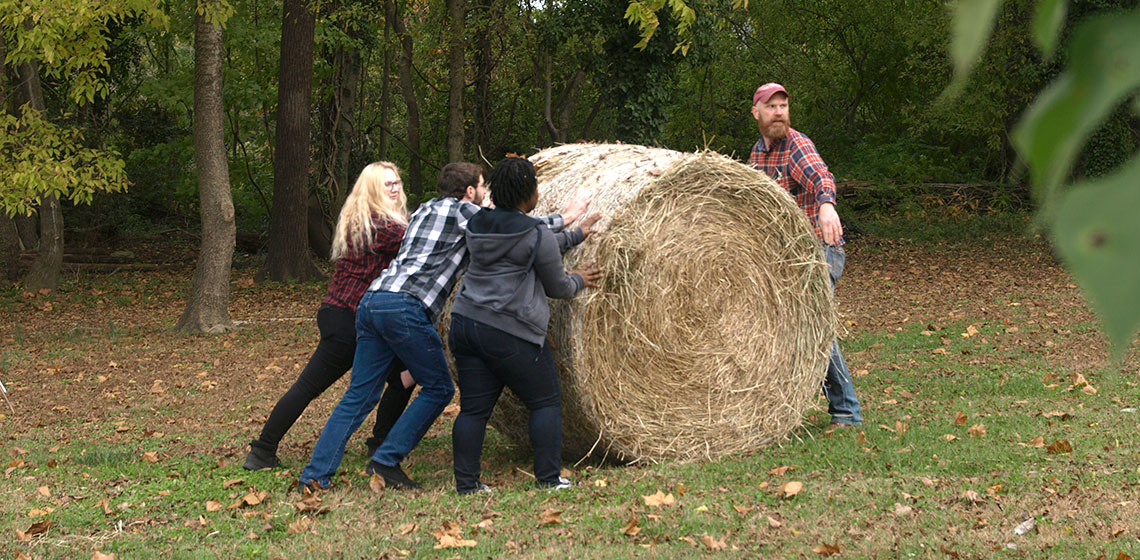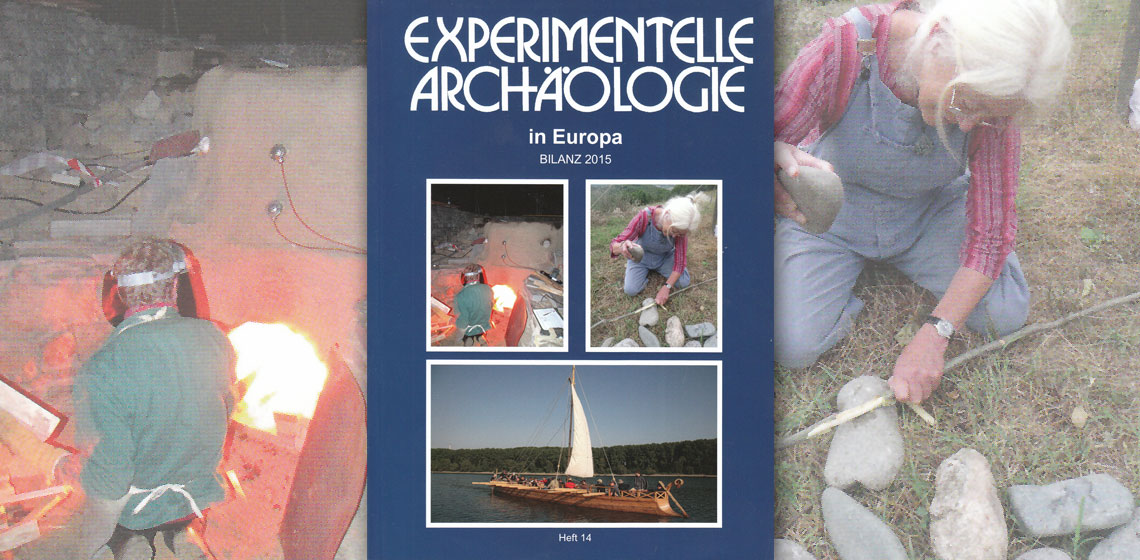experimental archaeology
Conference Review: SAA General Session, Experimental Archaeology 2018
Publication Date
The Society for American Archaeology is, perhaps with the exception of the World Archaeology Congress, the largest meeting of archaeologists in the world. The 2018 annual meeting was held in Washington DC and was attended by approximately 5000 archaeologists. Delegates were primarily from the States, but there was also a good international showing with attendees coming from around the world...
Kernave Archaeological Site – the Place for Experimental and Living Archaeology
Publication Date
2018 EXARC in Kernave
***Kernavė is one of the most picturesque places in Lithuania. Five hill-forts surround the wide valley of Pajauta. This place has always been visited by people not only for its sights but also for its aura of the distant past. Ever since people in Lithuania became more interested in history, Kernavė has been a symbol of...
***Kernavė is one of the most picturesque places in Lithuania. Five hill-forts surround the wide valley of Pajauta. This place has always been visited by people not only for its sights but also for its aura of the distant past. Ever since people in Lithuania became more interested in history, Kernavė has been a symbol of...
Conference Review: African Conference on Experimental Archaeology 2018 from a Volunteer’s Point of View
Publication Date
The first Experimental Archaeology conference on African soil (ACE 2018) brought people from near and afar. Without knowing it I found myself among the Local Organising Committee of the conference. Each day was a learning curve as I sat in on those meetings and was also assigned to do certain tasks as we were preparing for the conference...
Book Review: Experimentelle Archäologie in Europa, Jahrbuch 2017
Publication Date
Annual Proceedings of the EXAR Tagung
***This volume of Experimentelle Archäologie in Europa does not only serve as 2017’s year book of the European Association for the advancement of archaeology by experiment (EXAR), but also acts as a Festschrift dedicated to Professor Mamoun Fansa, who celebrated his 70th birthday...
***This volume of Experimentelle Archäologie in Europa does not only serve as 2017’s year book of the European Association for the advancement of archaeology by experiment (EXAR), but also acts as a Festschrift dedicated to Professor Mamoun Fansa, who celebrated his 70th birthday...
Conference Review: 1st African Conference on Experimental Archaeology (ACE), 2018
Publication Date
The first African Conference on Experimental Archaeology (ACE) took place at the University of the Witwatersrand in Johannesburg, South Africa, between 20th and 22nd March 2018. The conference, co-organised by EXARC, provided a platform for African-based scholars to showcase their experimental research. Scholars from as far afield as the USA, France and India participated in the conference...
Book Review: Skanseny Archeologiczne i Archeologia Eksperymentalna by Jan Gancarski
Publication Date
The book Skanseny Archeologiczne i Archeologia Eksperymentalna published by the Podkarpackie Muzeum in 2012 brings up the subject of open-air museums, opportunities and disadvantages of the promotion of cultural tourism and experimental archaeology mainly in Poland but also in Slovakia. Articles presented in this book were prepared for two different conferences organised by this museum...
Obituary: Peter Kelterborn (4 July 1928 – 9 March 2017)
Publication Date
On 9 March 2017, Peter Kelterborn, Swiss civil engineer and experimental archaeologist closed his eyes for good at the age of 89. He was known to many of his colleagues through his well-researched works on prehistorical flint and rock technology, but also from his methodological scientific experiments in archaeology. Many cherished him as a modest and thoughtful colleague, friend and counsellor...
An Experimental Diachronic Exploration of Patination Methodology of Dark Patinated (Arsenical) Copper Alloys on Case Studies from the Eastern Mediterranean Bronze Age and Early Iron Age
Publication Date
10th EAC Leiden 2017
***Artificially patinated copper alloys are found archaeologically in polychrome artefacts from the 19th century BC Egypt to historical and contemporary Japan. The unusual colour variations observed in these patinas, ranging from black to blue to purple, is due to a minor amount of gold (Au) and silver (Ag) in their copper matrix, whereas accompanying elements such as tin (Sn), iron (Fe), and arsenic (As) might influence workability, hue or shine.
***Artificially patinated copper alloys are found archaeologically in polychrome artefacts from the 19th century BC Egypt to historical and contemporary Japan. The unusual colour variations observed in these patinas, ranging from black to blue to purple, is due to a minor amount of gold (Au) and silver (Ag) in their copper matrix, whereas accompanying elements such as tin (Sn), iron (Fe), and arsenic (As) might influence workability, hue or shine.
Conference Review: Reconstructive & Experimental Archaeology Conference REARC 2017
Publication Date
REARC Conferences
***There was something for everyone at the 2017 Reconstructive and Experimental Archaeology Conference, as it represented many aspects of experimental archaeology. The conference took place between the 16th and 19th of November, 2017, at Colonial Williamsburg in Williamsburg, Virginia. Although it was a small conference...
***There was something for everyone at the 2017 Reconstructive and Experimental Archaeology Conference, as it represented many aspects of experimental archaeology. The conference took place between the 16th and 19th of November, 2017, at Colonial Williamsburg in Williamsburg, Virginia. Although it was a small conference...
Book Review: Experimentelle Archäologie in Europa, Bilanz 2015
Publication Date
Annual Proceedings of the EXAR Tagung
***Volume number 14 of the periodical “Experimentelle Archäologie in Europa: Bilanz 2015” represents the proceedings of the 11th meeting of EXAR held in cooperation with the Labor für Experimentelle Archäologie (LEA), a branch of the Römisch-Germanischen-Zentralmuseums in Mainz (RGZM)...
***Volume number 14 of the periodical “Experimentelle Archäologie in Europa: Bilanz 2015” represents the proceedings of the 11th meeting of EXAR held in cooperation with the Labor für Experimentelle Archäologie (LEA), a branch of the Römisch-Germanischen-Zentralmuseums in Mainz (RGZM)...

